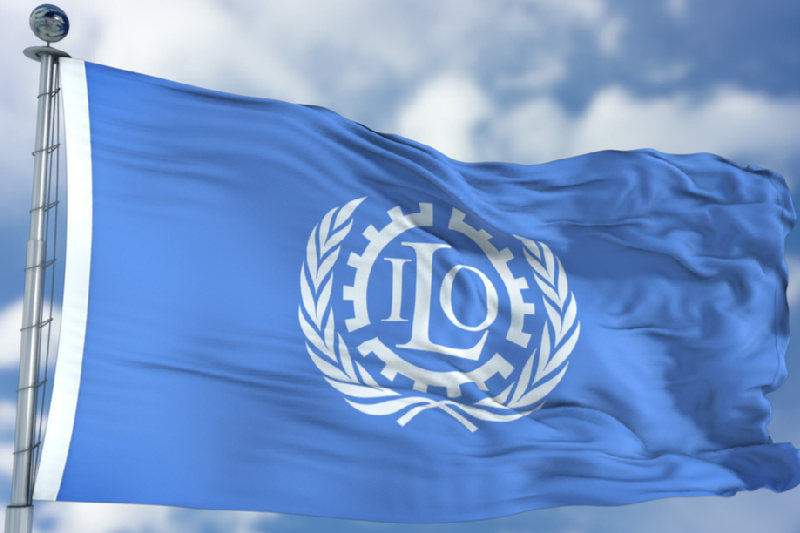

Sex traffickers are reaping substantial profits from their victims, averaging around £21,000 per victim annually through forced labor worldwide
Sex traffickers are reaping substantial profits from their victims, averaging around £21,000 per victim annually through forced labor worldwide, according to recent estimates from the International Labour Organization (ILO). The ILO, a UN agency, revealed that global profits from forced labor have soared to $236 billion (£185 billion), with sexual exploitation being the most lucrative form of forced labor. Despite only 27% of forced labor victims being sexually exploited, this form of exploitation generates 73% of the total illegal profits from all forms of forced labor. The ILO’s latest figures show a 37% increase in profits from forced labor compared to those released in 2014.
Drivers of Profit Growth
The rise in profits is attributed to a surge in the number of people subjected to forced labor and higher profits generated from their exploitation. With over 27 million people worldwide trapped in various forms of modern slavery, traffickers, criminals, and unethical employers are making nearly $10,000 on average from each victim. Industries involving forced labor generate $35 billion annually for exploiters, while the service sector contributes around $21 billion. This growth is fueled by the vulnerability of individuals, lax enforcement of labor laws, and the profitability of exploiting human beings for financial gain.
Regional Disparities in Profits
Geographically, Europe and central Asia lead in profits from forced labor, followed by Asia and the Pacific, and then the Americas. This regional disparity highlights the varying degrees of vulnerability and exploitation faced by individuals across different parts of the world. Factors such as economic instability, political corruption, and weak legal frameworks contribute to the prevalence of forced labor in certain regions. Moreover, the interconnected nature of global supply chains enables the perpetuation of exploitation, with products and services tainted by forced labor entering international markets.
Urgent Call for Action
Gilbert Houngbo, the director-general of the ILO, emphasized the urgent need for international action to address this injustice, break the cycles of poverty and exploitation, and uphold principles of fairness and equality for all. The international community must come together to take decisive steps to eradicate forced labor, safeguard workers’ rights, and ensure that perpetrators are held accountable for their crimes. By prioritizing the protection of vulnerable individuals and promoting ethical practices in labor markets, we can work towards a future where exploitation and modern slavery are no longer tolerated. Concerted efforts are needed to strengthen legislative frameworks, enhance law enforcement capacities, and empower vulnerable populations to resist exploitation. Additionally, businesses have a responsibility to conduct due diligence throughout their supply chains to identify and mitigate risks of forced labor. Only through collective action and a commitment to human rights can we hope to eliminate the scourge of forced labor and create a more just and equitable world for all.
Judge William Alsup finds federal government should restore positions to all probationary workers whose employment ended unlawfully. On Thursday a…
The UK government has brought in new regulations for employing staff within the care industry. From April 9, 2025 care…
Afghan migrants deported from the United States to Panama now face an uncertain future. Many of these deportees feel stranded…
A major strike that would have practically paralyzed Argentine soybean processing, a world leader in the supply of soybean oil…
Korea is developing a unique training program to train Uzbek workers for shipbuilding jobs in its country. Before they arrive…
In January, when Trump became president, the U.S. Education Department workforce reached half its size due to laying off 1,300…
This website uses cookies.
Read More